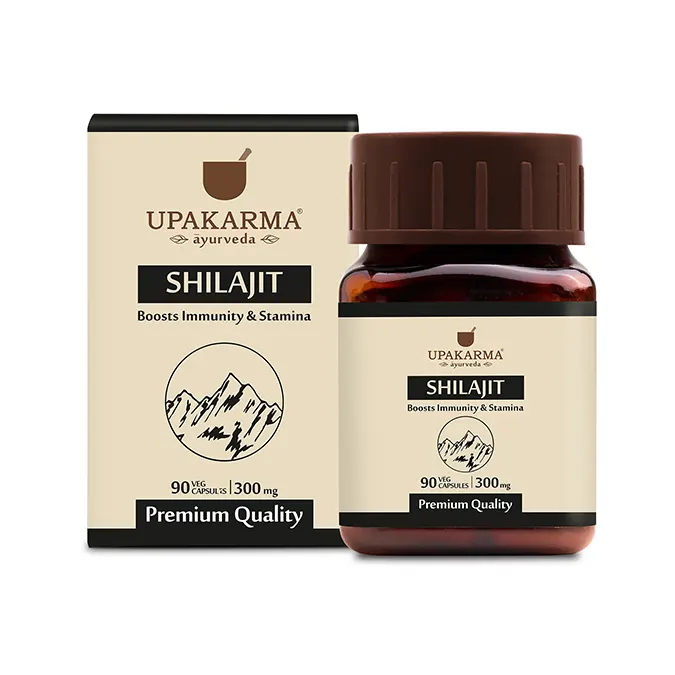Dandruff is a common scalp condition that affects nearly half the adult population worldwide. It is characterized by the flaking of skin on the scalp, which can often be accompanied by itching. This guide aims to provide a comprehensive understanding of dandruff and the effectiveness of anti-dandruff shampoos in treating this condition.
What is Dandruff?
Dandruff occurs when there is an excessive shedding of dead skin cells from the scalp. While a small amount of flaking is normal, as it is part of the natural renewal of skin cells, certain conditions can cause this to accelerate. The main culprits behind this increased rate of flaking include fungal infections, dry skin, oily skin, and sensitivity to hair care products.
Causes of Dandruff
The most common cause of dandruff is an overgrowth of a yeast-like fungus called Malassezia. This fungus is naturally present on the scalp without causing problems, but for those with dandruff, it can grow out of control. When this happens, it irritates the scalp and accelerates cell turnover, leading to the characteristic flakes. Other contributing factors can include stress, hormonal imbalances, and weather changes, which can exacerbate the condition.
How Anti-Dandruff Shampoos Work
Anti-dandruff shampoos are specially formulated to combat the causes and symptoms of dandruff. These shampoos contain active ingredients that target the fungal growth, reduce excess oil, and soothe the scalp. Key ingredients to look for include ketoconazole, zinc pyrithione, selenium sulfide, and coal tar. Each of these has a specific way of working; for example, ketoconazole fights fungal growth, while zinc pyrithione reduces scalp inflammation and fungal levels.
Choosing the Right Anti-Dandruff Shampoo
When selecting an anti-dandruff shampoo, it’s important to consider your scalp type and the severity of your dandruff. For mild dandruff, shampoos containing zinc pyrithione or selenium sulfide can be effective. For more severe conditions or fungal-related dandruff, a ketoconazole-based shampoo may be required. It is also advisable to look for shampoos that contain moisturizing ingredients to counteract any dryness, which can also provoke dandruff.
Effective Use of Anti-Dandruff Shampoos
To achieve the best results, it is crucial to use anti-dandruff shampoos correctly. Apply the shampoo directly to the scalp, lather well, and leave it on for a few minutes to allow the active ingredients to work. Regular use is important, as it can prevent the recurrence of dandruff. Depending on the product and the severity of the dandruff, it may be recommended to use the shampoo several times a week or even daily until the condition improves.
Additional Tips for Managing Dandruff
In addition to regular use of anti-dandruff shampoos, there are several other practices that can help manage dandruff effectively. Keeping the scalp clean and reducing stress are beneficial, as stress can trigger or worsen dandruff. Diet also plays a role; foods rich in zinc, omega-3 fatty acids, and B vitamins can help maintain healthy skin and reduce flaking.
Conclusion
Understanding the causes of dandruff and the mechanisms of anti-dandruff shampoos can help you choose the right product and use it effectively. With the right approach, it is possible to control dandruff, relieve discomfort, and restore the health and appearance of your scalp. Remember, if your symptoms persist despite regular treatment, consult a dermatologist for a tailored approach.



